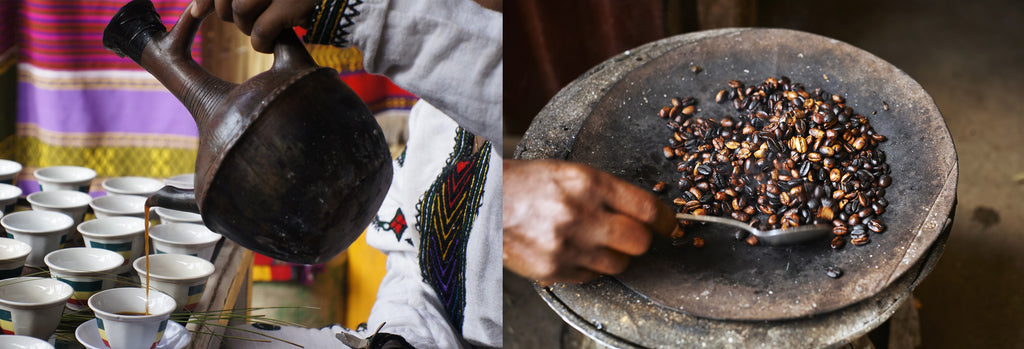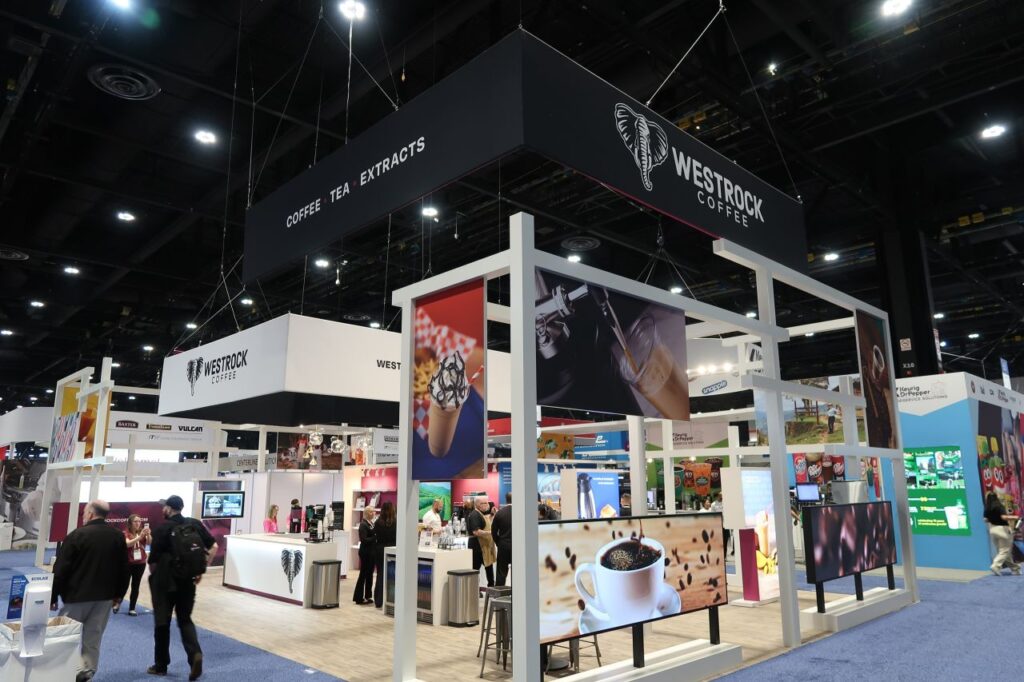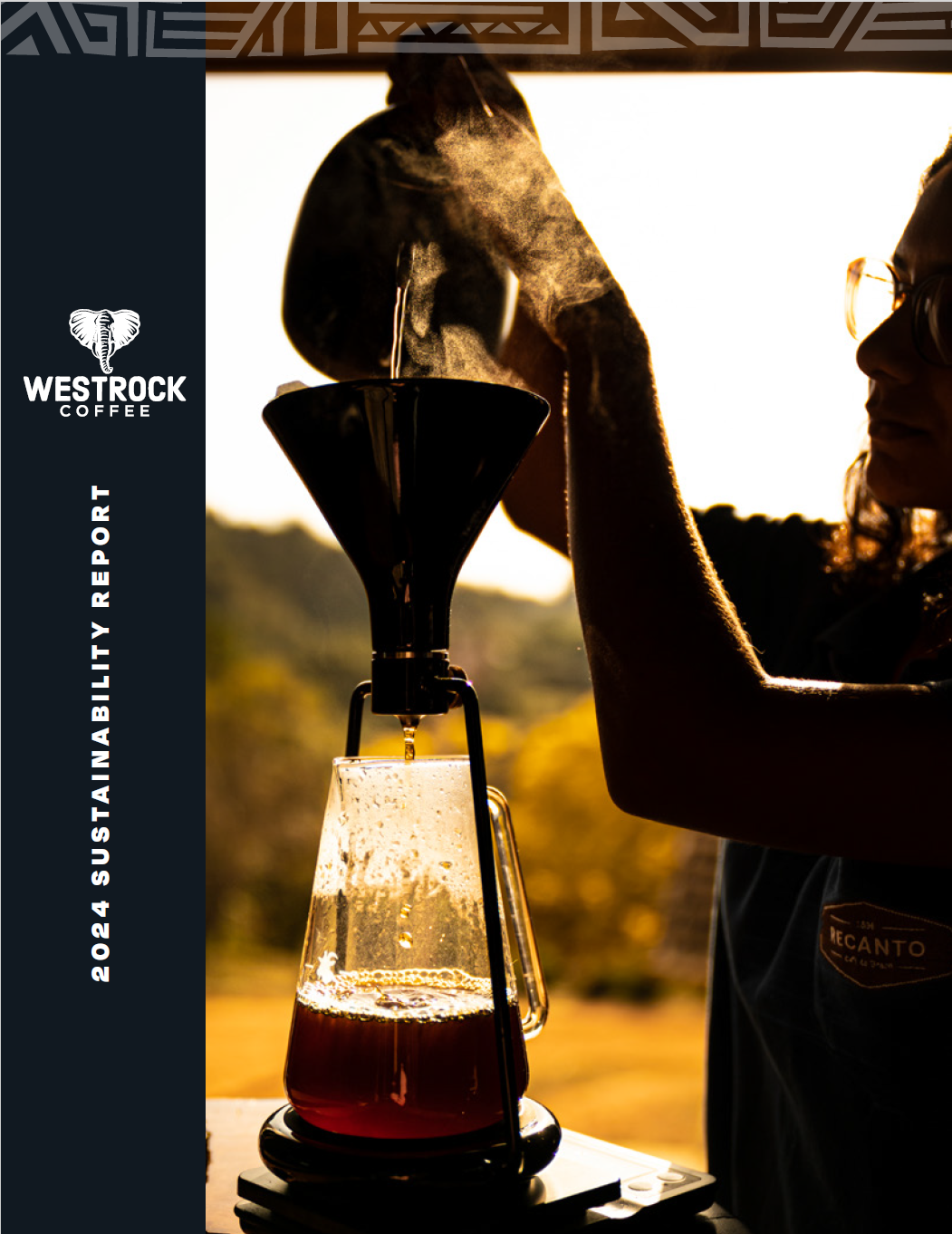October 19, 2023
Believed to be the birthplace of coffee, Ethiopia has a long and rich coffee history imbued with legends, culture, and of course delicious coffee. Ethiopia’s coffee journey is said to have begun in the 9th century when an Ethiopian goat herder noticed hyperactivity in his goats after the coffee cherries. It is said from that point on, coffee consumption and culture spread across the globe.
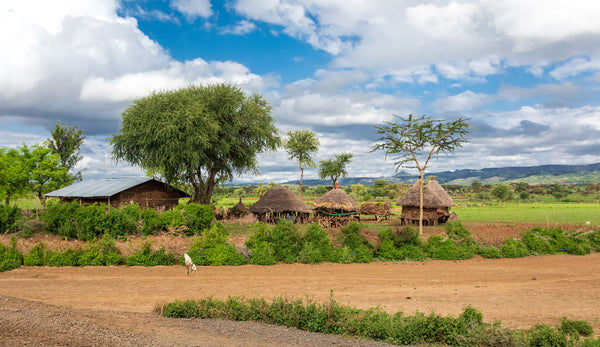
As the fabled origin of the coffee plant, Ethiopia is a country laden with delicious varieties and diverse growing regions. Located on the Horn of Africa, Ethiopia contains over 1,000 mountains and is home to diverse climatic conditions. The vast range of elevation and temperatures uniquely influences the flavor of the coffee grown in each region. This variety of flavors is a standout element that makes Ethiopian coffee a favorite among many coffee enthusiasts.
Somewhat unique for a coffee producing country, Ethiopia’s domestic market consumes around half of the coffee produced in the country. This is due to the daily consumption of coffee by many Ethiopian citizens who consider coffee an integral part of Ethiopian lifestyle. Coffee culture is a rich component of the Ethiopian way of life with coffee ceremonies a common practice. Coffee ceremonies are a daily occurrence in which, typically the women of the household, carefully roast, grind, and brew coffee for their family, friends, and guests. The coffee is traditionally roasted and brewed over an open fire and ground by hand with a mortar and pestle requiring time and care to produce every cup of coffee.
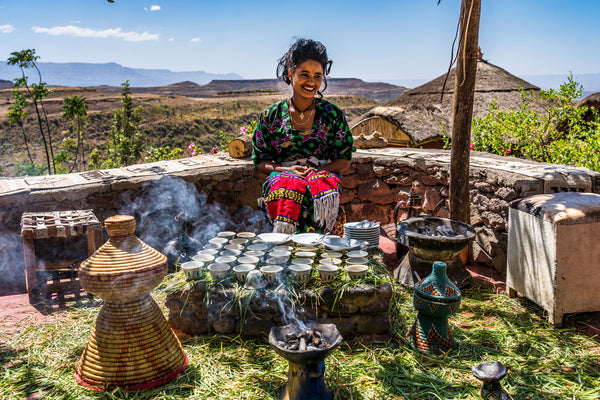
Although many of us may never have the privilege of attending an Ethiopian coffee ceremony, we do however, have access to all that Ethiopian coffee has to offer. At Westrock, our in-house flavor experts characterize Ethiopian coffee as typically light to medium in body with a pronounced, enjoyable acidity. Our team often finds notes of berries, often blueberry in nature, which can be somewhat of a departure from harsh coffee flavors. Ethiopian coffees are usually a large factor in converting non-coffee drinkers into coffee consumers because they are almost an entirely different realm of flavor profiles that aren’t often found in any other origins.
